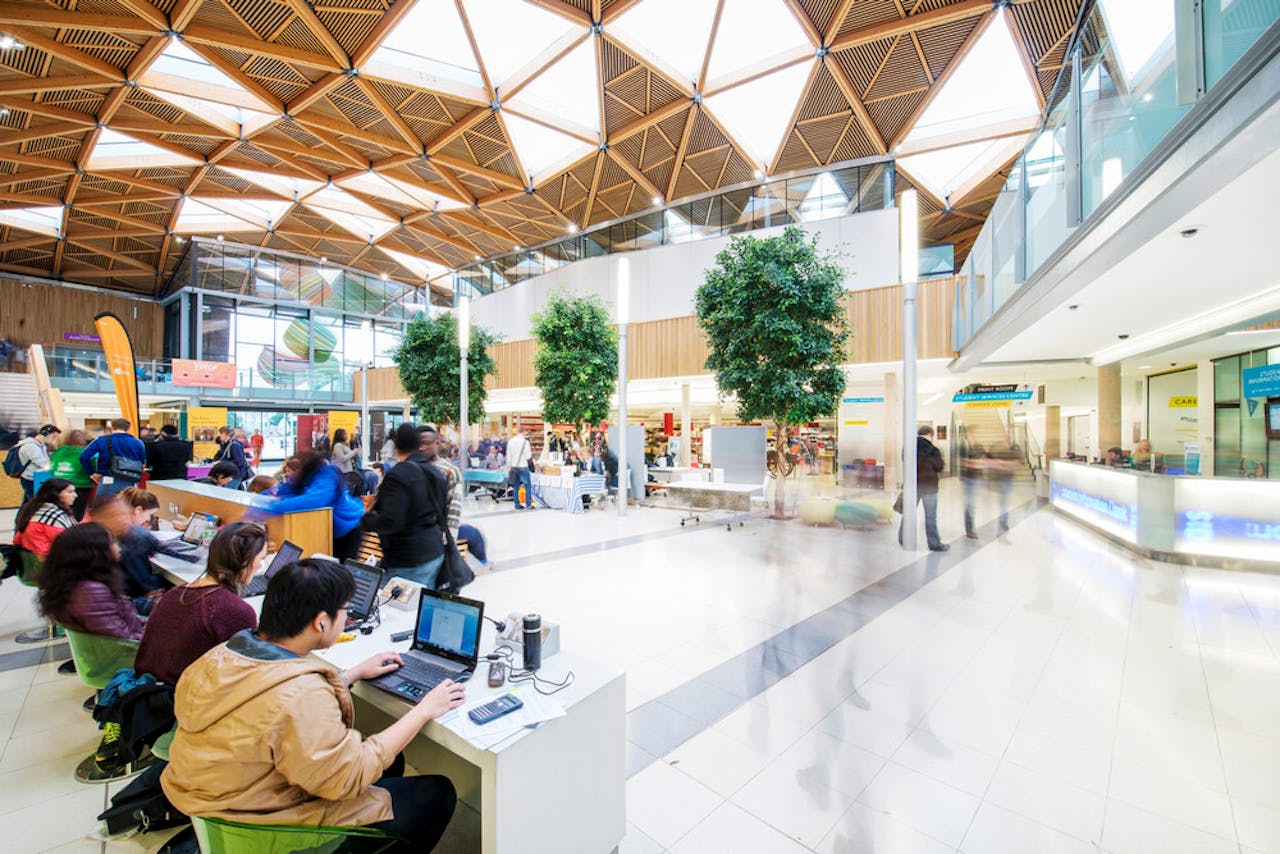Promote Discussion
The nature of these online events means that students will need to take a more proactive approach in researching their university options. They may have to set aside their own time to do this, rather than having this time allocated to them in tutorials. Whilst this may seem inconvenient, this is excellent preparation for studying a degree, as university students are required to manage their time and workload for independent study.
To help your students get the most out of these events, it’s important to encourage them to consider what they would like from a university experience beforehand, so they know what to look out for and what questions to ask.
I would recommend promoting discussion with your students on the following topics when considering university options:
- Campus or city university? Many students are unaware of the differences between campus and city universities and they provide quite different experiences.
- Local or further away? Considering option such as moving away or living at home will help to narrow down university choices. Your students can use this quiz from Advancing Access to help them to think about whether they would prefer to stay at home or move away.
- The course – The same subject will be taught differently at different institutions, so encourage students to think about what topics within their chosen subject interest them, and make sure to look out for these when researching courses. Students can check course modules on university websites.
- Employability – What are the prospects like for after graduation? University ranking guides such as The Guardian League tables are useful for this and allow students to search by subject.
It’s OK if students don’t know exactly what they want at this stage, but it’s important for them to be aware of their options, and that different universities and courses will result in varying experiences. Encourage students to write a list of things which are important to them in a university experience, something that they can refer back to and use to prompt questions in online events.




